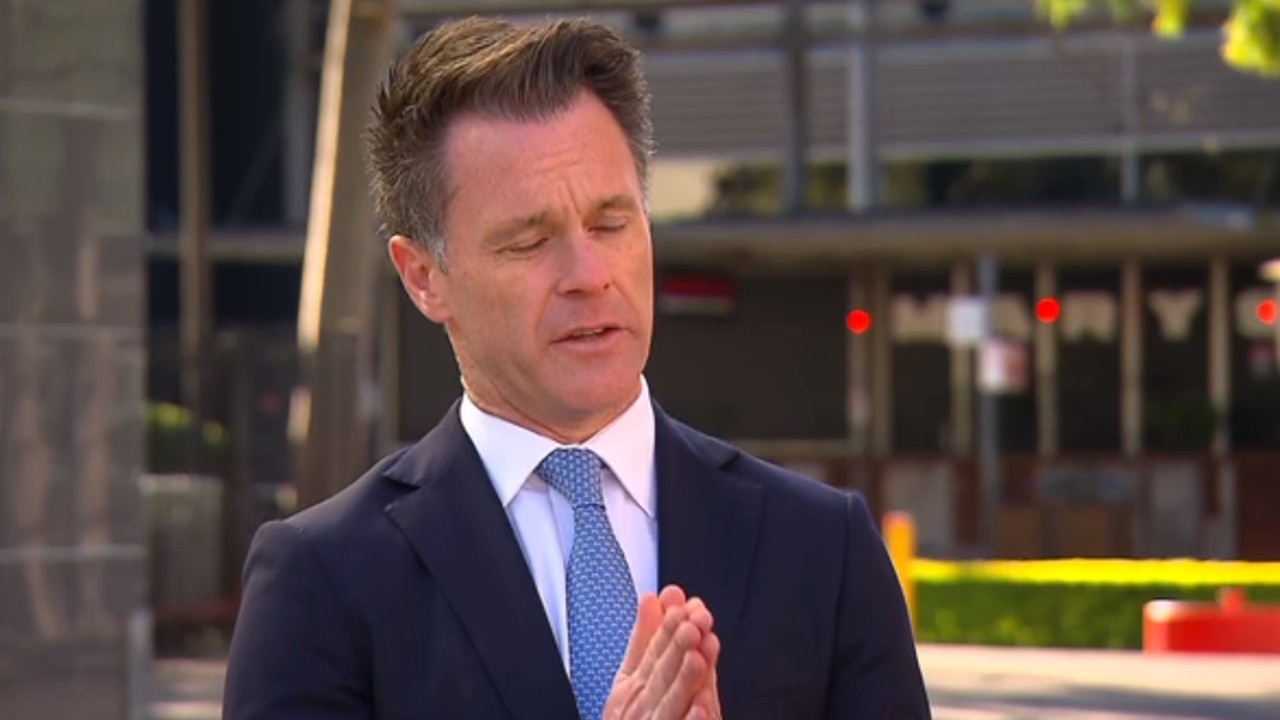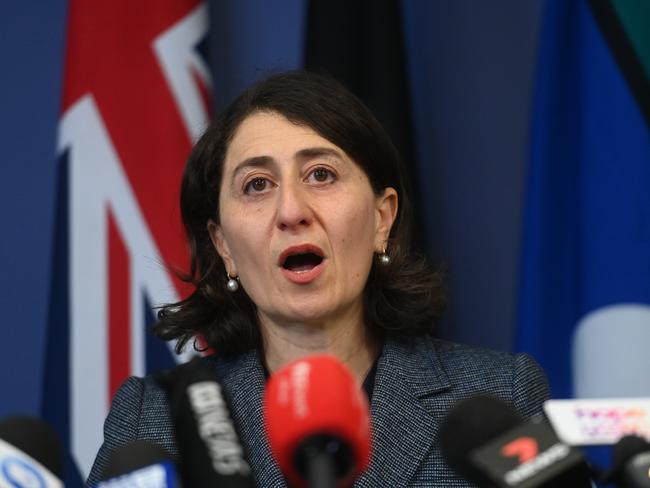James O’Doherty: ICAC findings make it clear why Gladys Berejiklian had to resign
ICAC’s central finding is that Berejiklian broke the rules she — as premier — expected of others, writes James O’Doherty.

NSW
Don't miss out on the headlines from NSW. Followed categories will be added to My News.
Gladys Berejiklian broke the rules but she cannot be found to have broken the law.
That is the bombshell finding that the Independent Commission Against Corruption took 605 days to deliver.
The findings make it clear why Berejiklian had to resign.
She breached public trust in relation to funding grants championed by her lover — former Wagga Wagga MP Daryl Maguire — without disclosing that relationship, the ICAC found.
Berejiklian’s official actions were influenced by the existence of that relationship and “a desire on her part to maintain or advance that relationship,” the report found.

And Berejiklian refused to discharge her duties by not telling the ICAC about Maguire’s actions.
It is a dramatic fall from grace for a Premier who had a reputation for following the rules.
Berejiklian was also a stickler for details.
The ICAC report shows the extraordinary lengths Berejiklian went to in a bid to clear her name.
“Ms Berejiklian submitted to the Commission that, as premier, the ministerial code did not apply to her,” the ICAC said.
The ICAC rejected that argument.
But the ICAC has not recommended that Ms Berejiklian be charged despite being found by to have engaged in serious corrupt conduct.
Her conduct was “not so serious that it could be demonstrated to merit criminal punishment” and “does not reach the very high bar required to make out the offence of misconduct in public office,” the ICAC found.
In delivering corruption findings but not recommending any criminal charges, Operation Keppel is set to become as much a reckoning into the ICAC as it was a probe into Berejiklian’s behaviour.
“It has taken the ICAC two years to tell us that Gladys Berejiklian has not broken the law,” former Treasurer Matt Kean tweeted.
Considering the standards which it sets for others, the Independent Commission Against Corruption itself has much to answer for — including just why it took so long to deliver its findings.
The handling of the ICAC’s probe into Berejiklian must be comprehensively examined by the high-powered inspector designed to oversee the anti-corruption body.
But that does not take away from the central finding — that Berejiklian broke the rules she expected of others.





